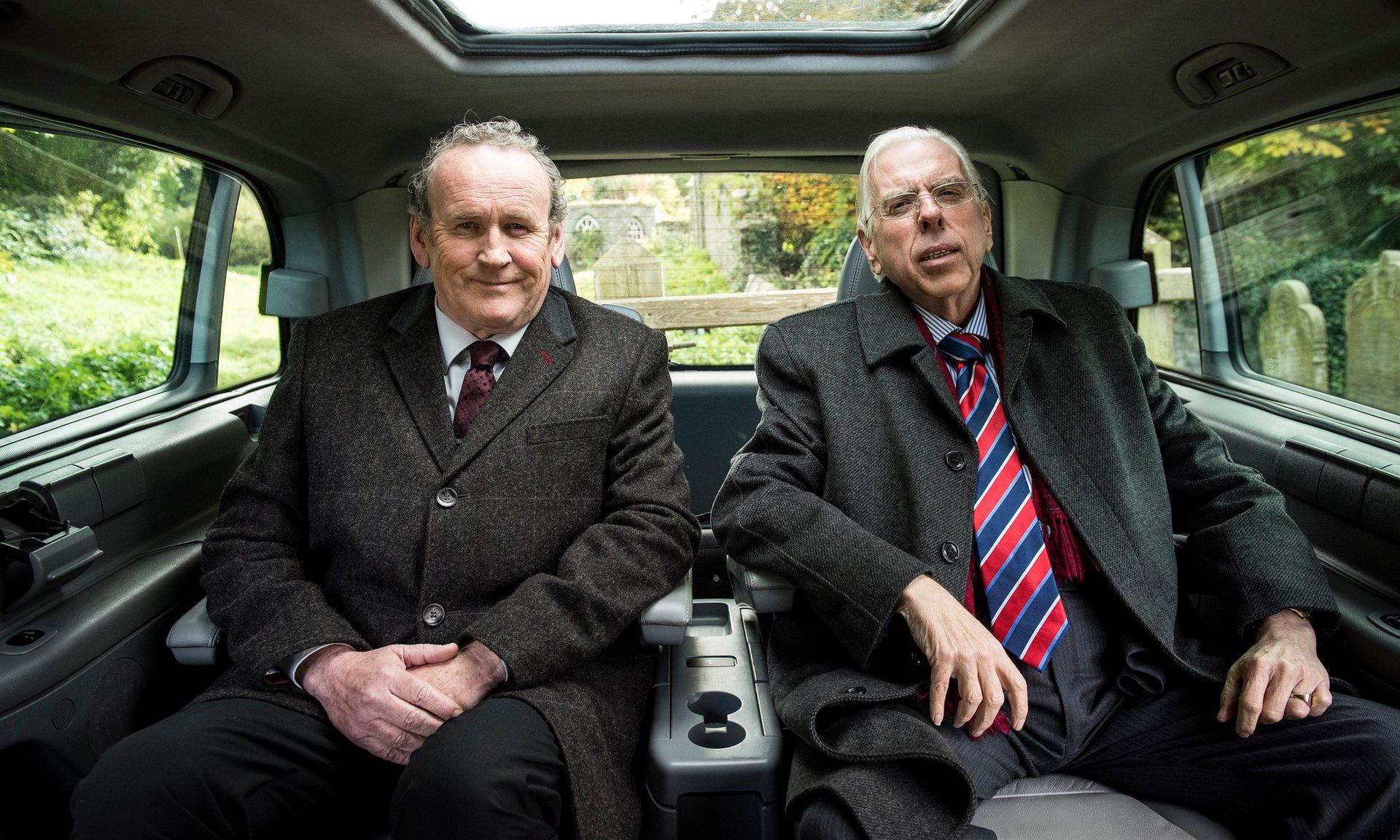The Journey, review, Venice Film Festival: 'A gentle comedy that comes up short'
Nick Hamm, 94 mins, starring: Timothy Spall, Colm Meaney, Freddie Highmore

Your support helps us to tell the story
From reproductive rights to climate change to Big Tech, The Independent is on the ground when the story is developing. Whether it's investigating the financials of Elon Musk's pro-Trump PAC or producing our latest documentary, 'The A Word', which shines a light on the American women fighting for reproductive rights, we know how important it is to parse out the facts from the messaging.
At such a critical moment in US history, we need reporters on the ground. Your donation allows us to keep sending journalists to speak to both sides of the story.
The Independent is trusted by Americans across the entire political spectrum. And unlike many other quality news outlets, we choose not to lock Americans out of our reporting and analysis with paywalls. We believe quality journalism should be available to everyone, paid for by those who can afford it.
Your support makes all the difference.The Journey deals with very rich subject matter in a disappointingly pedestrian way. It’s the story of a 2006 car journey made from St Andrews in Scotland to Edinburgh airport by the Reverend Ian Paisley (Timothy Spall) and Martin McGuinness (Colm Meaney). At the time, the Northern Ireland Peace process was at a very delicate moment. Negotiations were being held in Scotland with British Prime Minister Tony Blair (Toby Stephens) as the intermediary.
Paisley, leader of the Democratic Unionist Party, seemingly had nothing but disdain for Irish republican politician and former IRA man, McGuinness. In the film, the 81-year-old Unionist is desperate to leave the negotiations briefly to return to Belfast for his golden wedding anniversary. In the name of even-handedness and to protect against assassination, McGuinness goes on the journey with him. They are driven by undercover British security agent Jack (former child star Freddie Highmore.) In the car together, they finally break the ice and begin to see one another as human beings rather than as inveterate enemies.
McGuiness and Paisley later became known as the “Chuckle brothers” and the filmmakers certainly accentuate the comic element to their relationship. They largely ignore the very fraught history and politics of the “Troubles.”
As Paisley, Spall is heavily made up. He captures the voice of the Protestant preacher and politician. He hints at his vanity (Paisley clearly wants to leave a legacy.) Spall also shows how canny the Reverend could be in using his reputation for hellfire stubbornness to get his own way but he doesn’t have Paisley’s hulking physique. There’s little sense, either, of Paisley’s inner life. Spall is a superb actor but this is one of his more one-dimensional performances. Meaney plays McGuinness with a quicksilver glint in his eye.
The journey from St Andrews to Edinburgh should be straightforward enough but Jack doesn’t turn out to be a very reliable driver. He gets lost in a woods and he also managed to run out of petrol. Some of this is subterfuge (the British want the two politicians to spend more time together) and some of it is simple incompetence.
Back at base, the journey is being followed by Blair (played in smirking fashion by Stephens) and all the other politicians. It’s as if they are watching two pandas at Edinburgh Zoo trying to mate. At any hint of goodwill or rapport between Paisley and McGuinness, they rub their hands in glee.
The film is in a similar vein to those Peter Morgan-scripted dramas about Tony Blair (most notably The Deal) but it isn’t up to their level. There are too many improbabilities. If Jack the driver doesn’t know where he is going, nor do the filmmakers. They’re supposed to be driving through Fife but it doesn’t look as if the film is shot in Scotland. When they cross the Forth Road Bridge, we can see in the distance the building blocks of the new Forth Bridge. That is surely a continuity error. (The new bridge hadn’t come close to construction in 2006.)
As a gentle comedy about an odd couple who become friends against the odds, The Journey makes perfectly amiable viewing. As a drama about a seismic moment in recent British political history, it comes up short.
Join our commenting forum
Join thought-provoking conversations, follow other Independent readers and see their replies
Comments